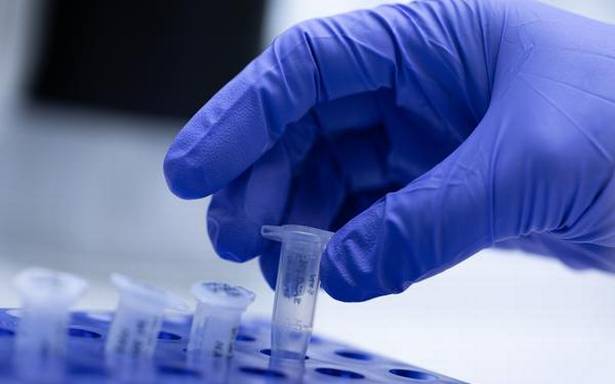The story so far: To estimate the extent of infection in the community, scientists at the National Centre for Disease Control (formerly National Institute for Communicable Diseases), a Health Ministry body tasked with monitoring epidemics, conducted a district-wise serological survey across Delhi from June 27 to July 10. Preliminary findings showed that 23.48% of Delhi’s population had been exposed to the virus and that a large number of those infected were asymptomatic.
How was the Delhi sero-prevalence survey done?
Unlike the real time RT-PCR (reverse transcription-polymerase chain reaction) tests or antigen tests that scan for the presence of the coronavirus in the body, the sero-prevalence survey was designed to look for the presence of antibodies, produced in response to the coronavirus, in the blood. On an average, antibodies can be detected five days after an infection sets in. The coronavirus, in general, diminishes after 21 days. Antibodies, for a host of other viral infections, are normally expected to linger for many months and confer protection against fresh infections by the same virus. However, it is still too early in the evolution of SARS-CoV-2 to know how long the antibodies will last.
Also read | Delhi’s COVID-19 sero-prevalence study: significant proportion of population still vulnerable
According to health experts, because the actual virus withers away quickly, many of those infected show mild symptoms. Antigen and PCR tests are often cu

